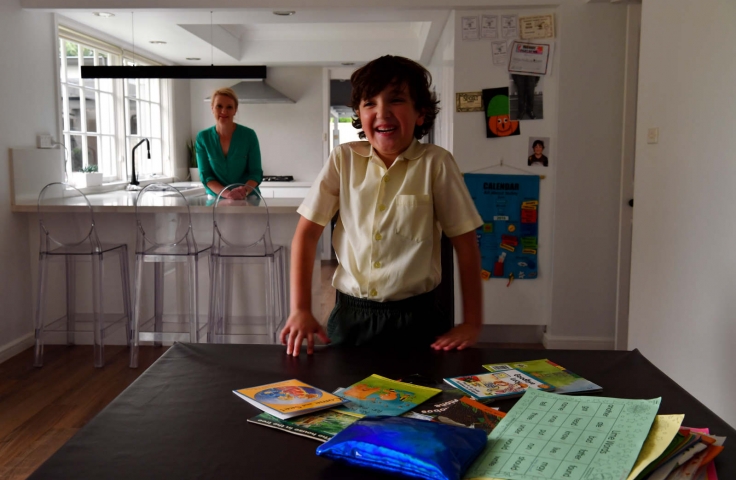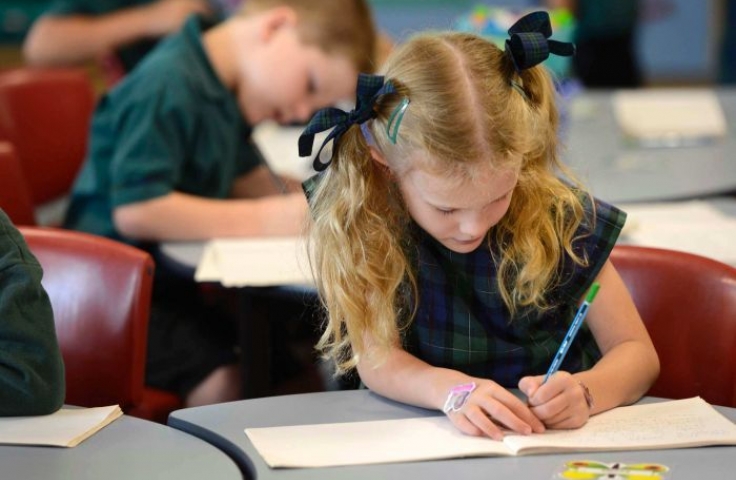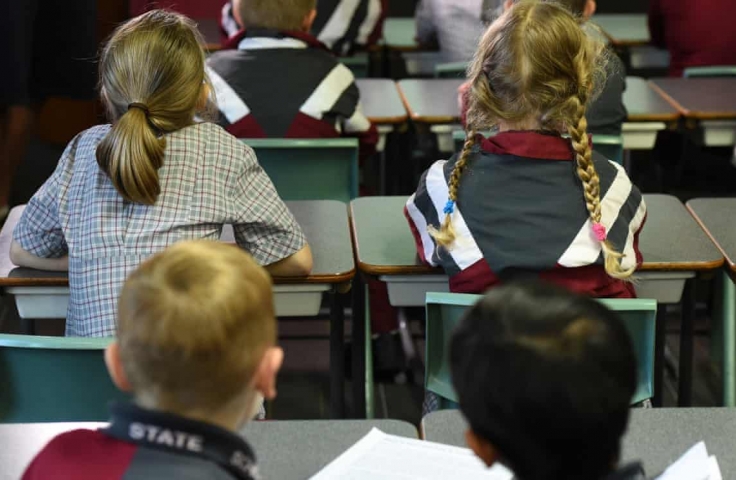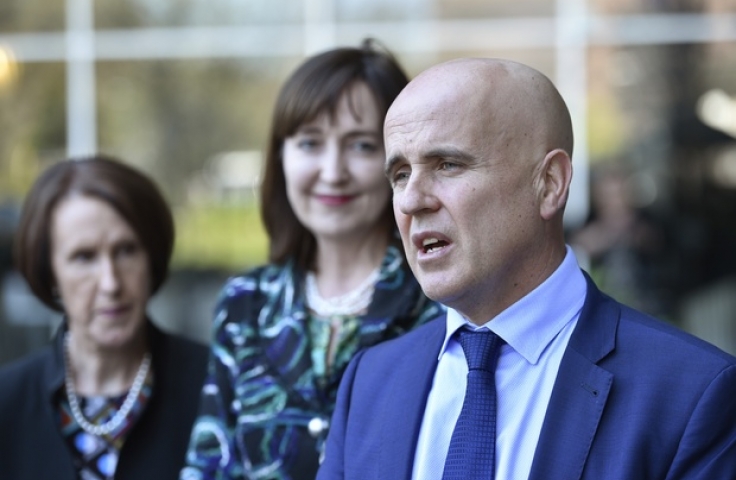POLICY BRIEF: Equity in education, where all students have equal access to quality education and the same opportunity to succeed, must become a priority for the Australian school system. Research around the world shows a child’s success in school may be determined before they even set foot in the classroom - as their education will be influenced by their parent’s occupations, education and family wealth. But an equitable education system successfully supports those children with disadvantages caused by their home or community - allowing the education outcomes of all students to be fair and inclusive, and not the result of their family background.
A recent OECD (2018) study found inequity in Australian education was a major issue. The Programme for International Student Assessment (PISA) report said disparities in student performance relating to their socio-economic status started at an early age and widened throughout their lives. The report concluded “upward educational and social mobility” would be boosted if gaps relating to students’ socio-economic status during schooling were reduced.
Likewise, a recent UNICEF Office of Research study found Australian schools had one of the biggest performance gaps between top and bottom ranked students in the wealthier parts of the world. However, if equity in education was boosted across the nation’s schools, the performance of under-achieving students would be significantly improved, with more students from low socio-economic backgrounds achieving academic success.
Equity is essential because education is fundamental to the wellbeing and development of individuals and society. Getting the best out of our children leads to significant economic benefits, with many academic studies finding equity is a notable predictor to how people perform when they leave school in the areas of employment, financial security, health, well-being and civic participation.
In a new survey commissioned by the UNSW Gonski Institute for Education, a resounding nine out of 10 Australians endorse educational equity across the nation’s school system - rating our current system a lacklustre “OK” - saying a student's background should not be an obstacle to academic success. Respondents also indicated that the individual needs of both students and schools should become the primary consideration when education funding is allocated and that extra assistance, both financial and non-financial, is needed for students from low socioeconomic and other underprivileged groups to overcome any disadvantages in their education.
Most Australians believe school funding should be based on need by individual schools, with only eight percent supporting a performance-based funding allocation. A total of 70 percent agreed there were large inequalities in school resources, which they labelled as unfair. Significantly, 70 percent of Australians believe both equity and excellence should be dual priorities for the nation’s school system.
To achieve more equity, the Government and education authorities - not just the schools, students or parents themselves - must be responsible for closing the gap between high and low achieving students. As well as the current reporting of students’ performance through the annual national standardised test (NAPLAN), rigorous new metrics should be established to show fairness and inclusion in Australian schools, with the Government and school systems responsible for developing such measures. At present, the most pressing challenges facing our students are the lack of resources in rural and remote schools, the rising cost of education and insufficient funding of public schools. There are significant inequities in school resources, with 78 percent of Australians believing the government should provide more funding to schools in disadvantaged areas and extra assistance for students in need. Although they do not think it’s unfair that some families can afford to invest in their child’s education, they did support extra funding to help students who are disadvantaged because their family cannot afford a similar investment.
Data from the Program for International Student Assessment (PISA) revealed achieving education equity did not mean sacrificing excellence in education. Countries like Finland, Canada and Japan achieved higher performances in reading and education equity than any of the OECD averages, it found.
In Australia, the Government and school systems should use universal strategies to benefit all students, and targeted strategies to help disadvantaged students. Australians favoured strategies directly related to improving the quality of education or reducing inequity, saying such a move would benefit all students, regardless of their background. They want action to achieve educational equity in the school system - with only 38 percent believing every student now receives a good quality education.
The clear disparity between schools in Australia became obvious - and hard to ignore - during the recent lockdown due to the COVID-19 pandemic, when all students were suddenly forced to learn remotely. Those attending a well-resourced, fee-paying school swiftly moved to online learning, but many public students were left floundering as their school did not have the resources or personnel to quickly prepare for such an event. The pandemic showed us that making education more equitable in Australia is not just about helping disadvantaged students, it’s about making a bold move to redesign the education system to prevent the inequalities the lockdown brought to the surface for all to see.
Although Australia offers children a world class education it is not available to everyone - and the evidence proves that boosting equity is the best way to achieve excellence in education for all students, whatever their circumstances.






